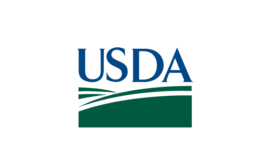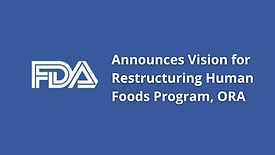Regulatory
How the Food Traceability Rule will Impact Food Processors—Part 1
What are food processors doing to prepare for compliance with the FDA Food Traceability Rule in 2026, and how do they see it affecting their businesses?
February 6, 2023
Recent Outbreaks of Listeriosis Linked to Fresh, Soft Queso Fresco-Type Cheeses in the U.S.
Since 2000, outbreaks have been attributed to fresh, soft Queso Fresco-type cheeses made from pasteurized milk, which have been contaminated by L. monocytogenes after pasteurization
Evelyn Pereira M.P.H.
Cerisé Hardy M.P.H.
Melinda Hayman Ph.D.
Amanda Conrad M.P.H.
Alexandra Palacios M.P.H.
Stelios Viazis Ph.D.
February 6, 2023
Looking Back: E.coli O157:H7 and the Legacy of Dr. David Theno
The story of the 1992–1993 Jack in the Box outbreak is well documented, but how E. coli O157:H7 first showed up on the radar is less known
February 6, 2023
Why a Paradigm Shift is Needed in Food Safety Auditing
The future of food safety auditing will be different from what we know today, but the pace of change must be faster
February 6, 2023
Reducing Food Safety Risks in Meal Kits
In the lack of specific regulations, businesses that are involved in meal kits have a responsibility to minimize food safety risks.
February 6, 2023
Never miss the latest news and trends driving the food safety industry
eNewsletter | Website | eMagazine
JOIN TODAY!Copyright ©2024. All Rights Reserved BNP Media.
Design, CMS, Hosting & Web Development :: ePublishing
.png?height=168&t=1661887788&width=275)









